Description
Anti-block additives are a type of polymer additive used in the production of plastic films to prevent the films from sticking together during the manufacturing process and after use. These additives can be made from various materials, including silica, talc, and organic compounds.
The primary function of anti-block additives is to reduce the coefficient of friction between the surfaces of two adjacent films, thus preventing them from blocking or sticking together. This is particularly important in the production of packaging films, where the films need to be easily separated for use.
Anti-block additives can also improve other properties of the plastic film, such as:
1. Clarity: Some anti-block additives can improve the clarity of the film, making it more transparent and visually appealing.
2. Slip: Anti-block additives can also improve the slip properties of the film, making it easier to handle and process.
3. Scratch resistance: Certain anti-block additives can improve the scratch resistance of the film, making it more durable and less prone to damage during use.
When purchasing anti-block additives, it’s important to consider the specific requirements of your application, including the type of polymer being used, the desired properties of the finished product, and any regulatory requirements that may apply. It’s also important to choose a reputable supplier with a proven track record of producing high-quality additives.
Overall, anti-block additives are an essential component in the production of plastic films, helping to improve the functionality and usability of the finished product. Kaysapolymer is with you, dear producers and exporters, regarding the production, supply, and purchase of consumable anti-blocks. For more information, contact 989034719105.
price of anti-block additives
The price of anti-block additives in the market can be influenced by various factors, some of which are:
1. Raw material costs: The cost of raw materials used in the production of anti-block additives can significantly affect their price. For example, fluctuations in the price of silica, talc, or other organic compounds used in the production of anti-block additives can impact their cost.
2. Production costs: The cost of producing anti-block additives, including labor, energy, and equipment costs, can also impact their price. Manufacturers may pass on these costs to consumers in the form of higher prices.
3. Demand and supply: The demand and supply dynamics of the market can also affect the price of anti-block additives. If demand for these additives is high and supply is low, prices may increase. Conversely, if demand is low and supply is high, prices may decrease.
4. Quality and grade: The quality and grade of anti-block additives can also impact their price. High-quality, high-performance additives may be more expensive than lower-quality alternatives.
5. Regulation and compliance: Regulatory requirements and compliance costs can also affect the price of anti-block additives. For example, the cost of complying with environmental regulations may increase the price of these additives.
6. Competition: The level of competition in the market can also impact the price of anti-block additives. If there are many suppliers competing for business, prices may be lower than in markets with fewer suppliers.
Overall, the price of anti-block additives in the market is determined by a complex interplay of these and other factors. Buyers looking to purchase these additives should consider these factors and work with reputable suppliers to ensure they are getting a fair price.
Benefits of Anti-block
Help to release the part from the mold
Preventing film edges from sticking
Increasing output in packaging lines
applications
PE and PP films
PP sheets
Extruded products
Injection parts
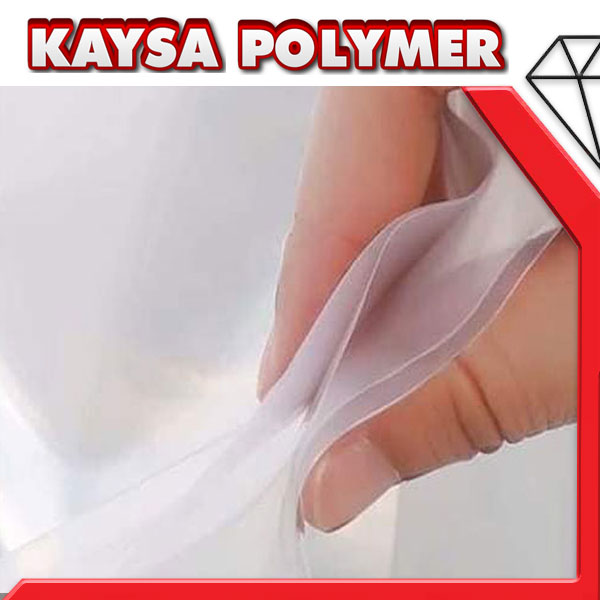
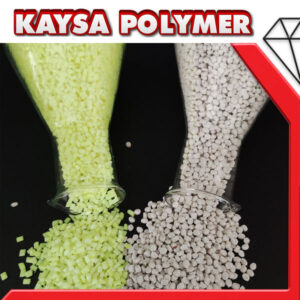
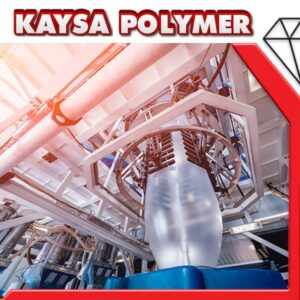
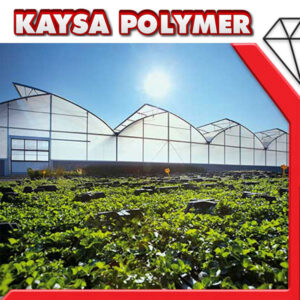
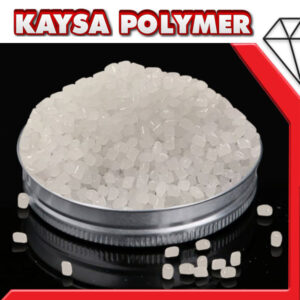
Reviews
There are no reviews yet.